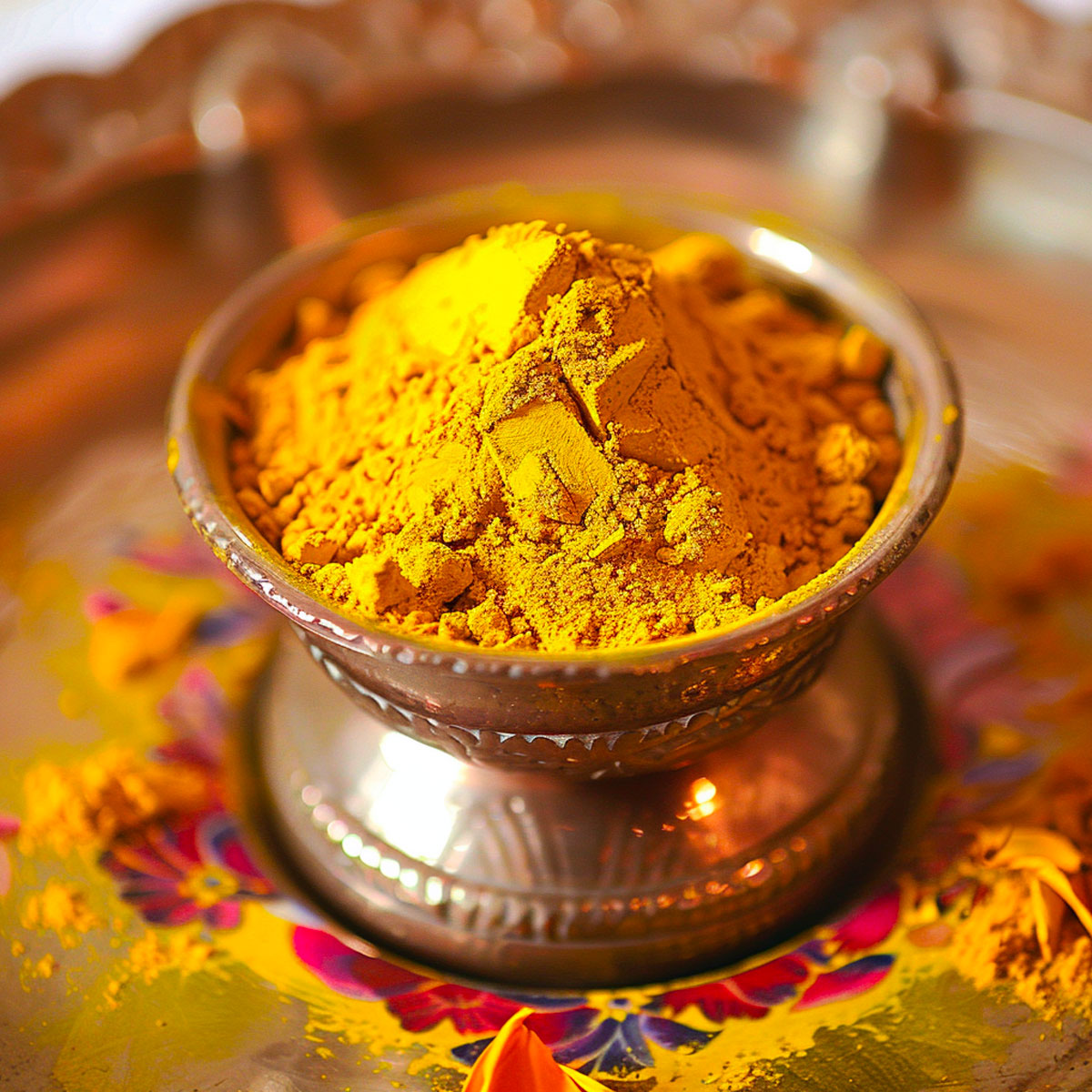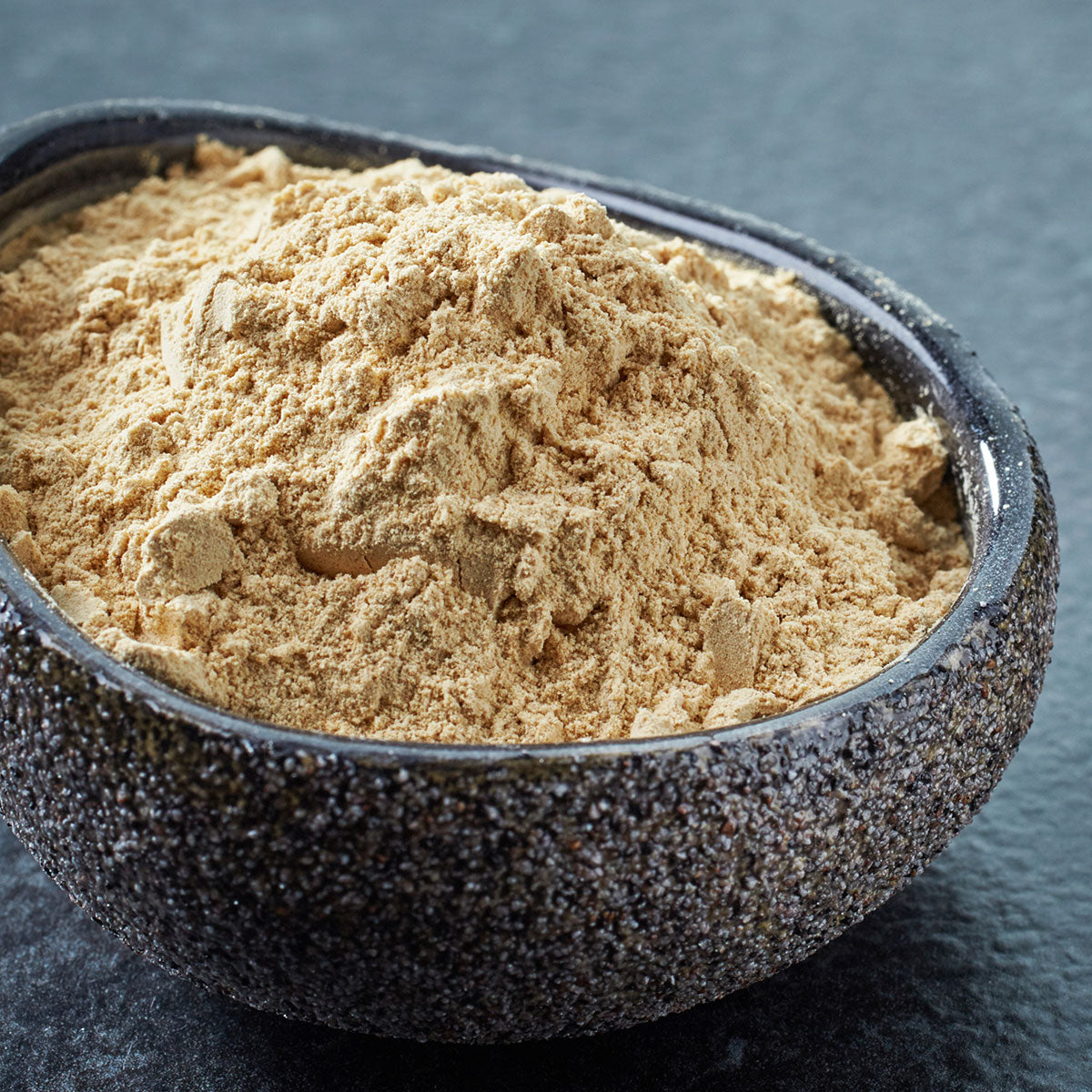If dieting is making you feel hungry, low on energy and sapping the joy from life, you may be on the wrong path. In this article we'll uncover the common ‘diet foods’ that may be damaging your health.

Why Many Diets Don’t Work
Restrictive diets that focus on counting calories or points, or are suggesting processed lab-manufactured foods instead of wholefoods are destined to fail because their results are short-lived and could come with a list of side effects. Any weight lost in a crash diet goes back on sooner or later – this is proven time and time again.
Our Top 8 Diet Foods To Avoid
- Many cereal bars and energy bars may as well be called sugar bars! Many of the so-called healthy bars contain anywhere between 14 to 30 grams of sugar (ouch!). The sugars come from an abundance of dried fruit (such as dates, raisins etc) and often-added fructose-rich sweeteners such as agave syrup.
Our daily sugar intake, according to the World Health Organization, should be no more than 5% of daily calories. That’s about 6 teaspoons or 25 grams on a normal diet.
"An average "healthy" bar contains 14-30g of sugar. That is 56% - 120% of daily sugar intake (as recommended by WHO)."
Tweet This
A note on fructose: The research work on effects of fructose by Dr. Robert Lustig, Professor of Pediatrics in the Division of Endocrinology at the University of California, San Francisco showed - despite the fact that fructose is a “natural sugar”, it is still damaging to our bodies and leads to weight gain. Unlike glucose that is used by every cell in our body, fructose is metabolised by the liver (the same way as toxins, such as alcohol) and excess fructose is turned into fat. As a result of fructose metabolism numerous by-products are created, including large amounts of uric acid, that may increase blood pressure and cause metabolic syndrome.
This does not mean stop eating fresh fruit but definitely think about how much fructose you’re consuming throughout the day (especially if you’re fuelling on those “healthy” bars).
-
Low-fat dairy products have had the fat removed by processing - often replaced with sugar, processed salt, stabilisers and more yuck.
-
Store-bought granolas and ‘healthy’ cereals are usually full of grains and sugar – a usual serving contains 8-12 grams of sugar.
According to Dr William Davis, a cardiologist, author and researcher on the topic of wheat and grains, even whole grains (claimed to be healthy) raise your blood sugar. In fact, he says, "two slices of whole wheat bread raise blood sugar higher than 6 teaspoons of sugar". He also adds, the consumption of grains leads to deficiencies of iron, zinc, magnesium, calcium, and vitamin B12 that all get reversed when grains are removed from the diet (read our interview with Dr Davis here).
It’s a lot of fun to make your own grain-free granola with buckwheat or quinoa (which are seeds and not grains), nuts, seeds and other delicious foods such as coconut, maca and goji.
-
Slimming shakes are often full of artificial additives that put a strain on your body’s organs. These additives may include aspartame, maltodextrin, sodium phosphate and many more.
Diet shakes also often contain lots of caffeine-containing products such as coffee, guarana and green tea. Caffeine activates the ‘fight or flight’ response in the body, releasing stress hormones.
This may not be a problem if your adrenal glands (and liver!) are in a good shape and you’re not under continuous stress at work and home. However if you’re constantly feeling tired throughout the day and feel the need to energize with coffee you may wish to reduce the consumption of caffeine-containing diet shakes.
-
Rice cakes are empty food, they don’t satisfy nutritional needs or hunger, so you eat more of them. They also have an average glycemic index rating of 82, spiking your blood sugar and playing havoc with your energy levels.
- Zero calorie artificial sweeteners and sweetened drinks stimulate your appetite and make your brain crave sweets to make up for the missing calories.
A review in the Yale Journal of Biology and Medicine showed epidemiological and experimental evidence of the effects of artificial sweeteners on weight gain (and explain this mechanism), as well as the correlation between increased usage of artificial sweeteners and the corresponding rise in obesity.
"Artificial sweeteners make your brain crave sweets to make up for the missing calories."
Tweet This
-
Low-fat muffins are still muffins, this means instead of fat they are now packed with even more nutrient devoid flours and sweeteners!
Make your own delicious and nourishing gluten-free muffins, like these Chocolate Muffins with Raspberry Acai filling.
-
Light/diet/low-cal ready meals are mostly processed and low in nutrients, so you’ll be constantly hungry, as your body will be craving more nutrients.
It’s important to understand that we don’t get fat because of eating too many calories - we get fat because we’re eating the wrong kind of calories. Eating 'diet foods' means playing a trick on your own body instead of nourishing it with wholesome foods.
Let us know what you think and add more 'diet foods' that you’re staying away from.
REFERENCES:
World Health Organization lowers sugar intake recommendations
CBS News
“Sugar May Be Bad, But This Sweetener Called Fructose Is Far More Deadly”
Mercola.com
Institute for Responsible Nutrition
Gain weight by “going diet?” Artificial sweeteners and the neurobiology of sugar cravings
Yale J Biol Med. 2010 Jun; 83(2): 101–108
Glycemic index and glycemic load for 100+ foods
Harvard Health Publications





